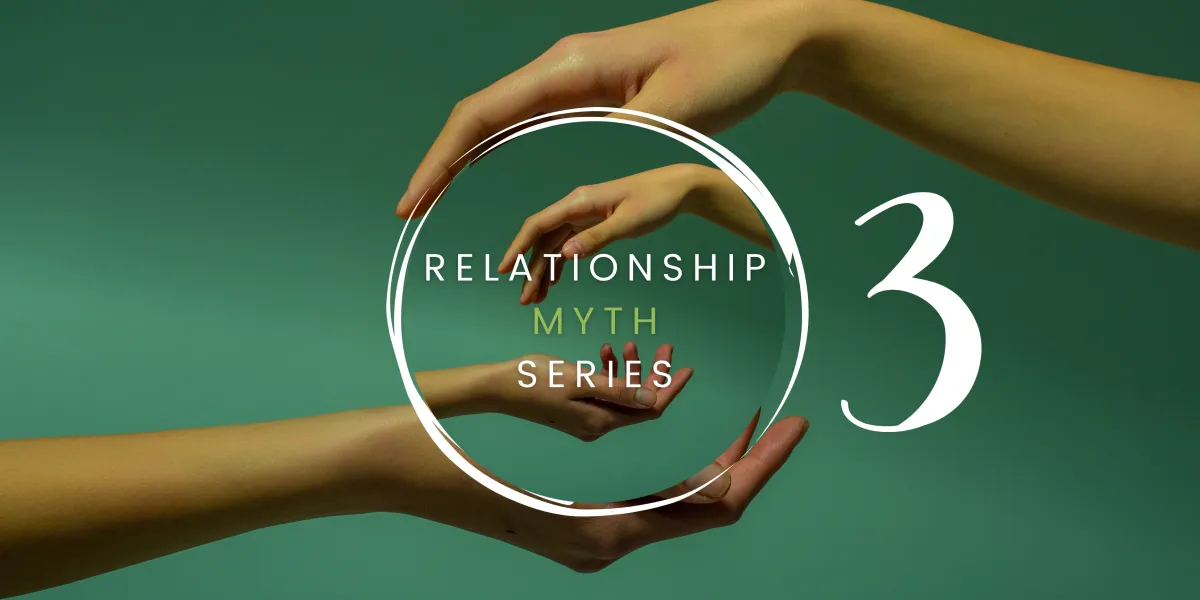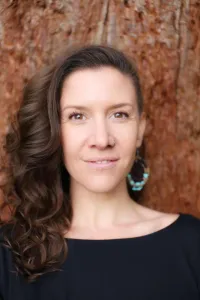My Blog
Welcome
Musings about love, wholeness & everything in between.

Myth #3: We shouldn’t have to settle
Welcome to the third installment of my “Relationship Myths Series”
It might be hard to see this next one as a negative myth, but it has some hidden problems: "We shouldn't settle." My take on it is more of a re-frame than a total disagreement.
Please note: do not settle for abuse of any kind. Everything written below is for the "ordinary", messy, painful tangle of non-abusive relationships.
Myth #3: We shouldn’t have to settle
Growing up, I absorbed the unspoken belief that my parents and many in their generation had “settled” for each other. In their case, this meant staying together, despite disconnect and strife, until they finally “broke free” and divorced. I was determined not to follow in those footsteps and vowed I would NEVER settle.
But what did not settling actually mean to me? To be honest, it was a bit vague. It represented a fight for something that had eluded my parents. Meaning, love, depth... This resolve likely fueled my passion for the work I do now – helping people not to waste their one wild and precious life settling for mediocrity, distance, and a lack of love and kindness.
Hang on a minute, Jo... so do you actually agree with this myth?
Well, as I reflect on it, what truly bothered me was “complacency” – an “oh well, nevermind, that’s just how things are'' attitude towards the loss of love and kindness.
The term “settling,” originating from Old English meaning “to seat, place,” shouldn’t be the baby discarded with the bathwater of outdated ideals.
Too often the idea that we shouldn't settle is conflated with "leave him/her, they're not good enough for you."
It's the Disney “happily ever after” narrative that implies that if he isn't always Prince Charming or she isn’t perpetually a swooning damsel, it’s time to seek another fairy tale ending… with someone else.


In contrast, the essence of 'settling' can be seen as the vulnerable and deeply human act of commitment. It’s about making a relationship your “place,” your home.
Complacency, on the other hand, is the poisoned apple, lulling us to sleep. We must resist the temptation to accept less than what we fundamentally need and desire – respect, understanding, tenderness, growth, and genuine connection. Remember, we are not powerless when it comes to cultivating these essentials.
The key is not to settle in a sense of passive acceptance, but rather, to actively engage in our relationships. This means not simply accepting our lot until the pain becomes unbearable, but staying and lovingly demanding more – for ourselves and our partners.
If those demands go unmet, or if, even with support and dedication, the relationship remains in distress, then leaving becomes not a giving up nor an unquestioned search for the next "happily ever after." It becomes an act of integrity.
The strongest relationships aren’t conflict-free or flawless; they are the ones where both partners are committed to growth, understanding, and navigating life’s challenges together.
Did you know that the average couple-in-distress wait for 6 years before seeking help? Often this is too late, too much mutual hurt has built up and ending seems like the only option. Don't wait, don't be complacent, wake up and find true love's kiss right where you are.
As for the next myth to bust, it is this: Crisis is bad.

